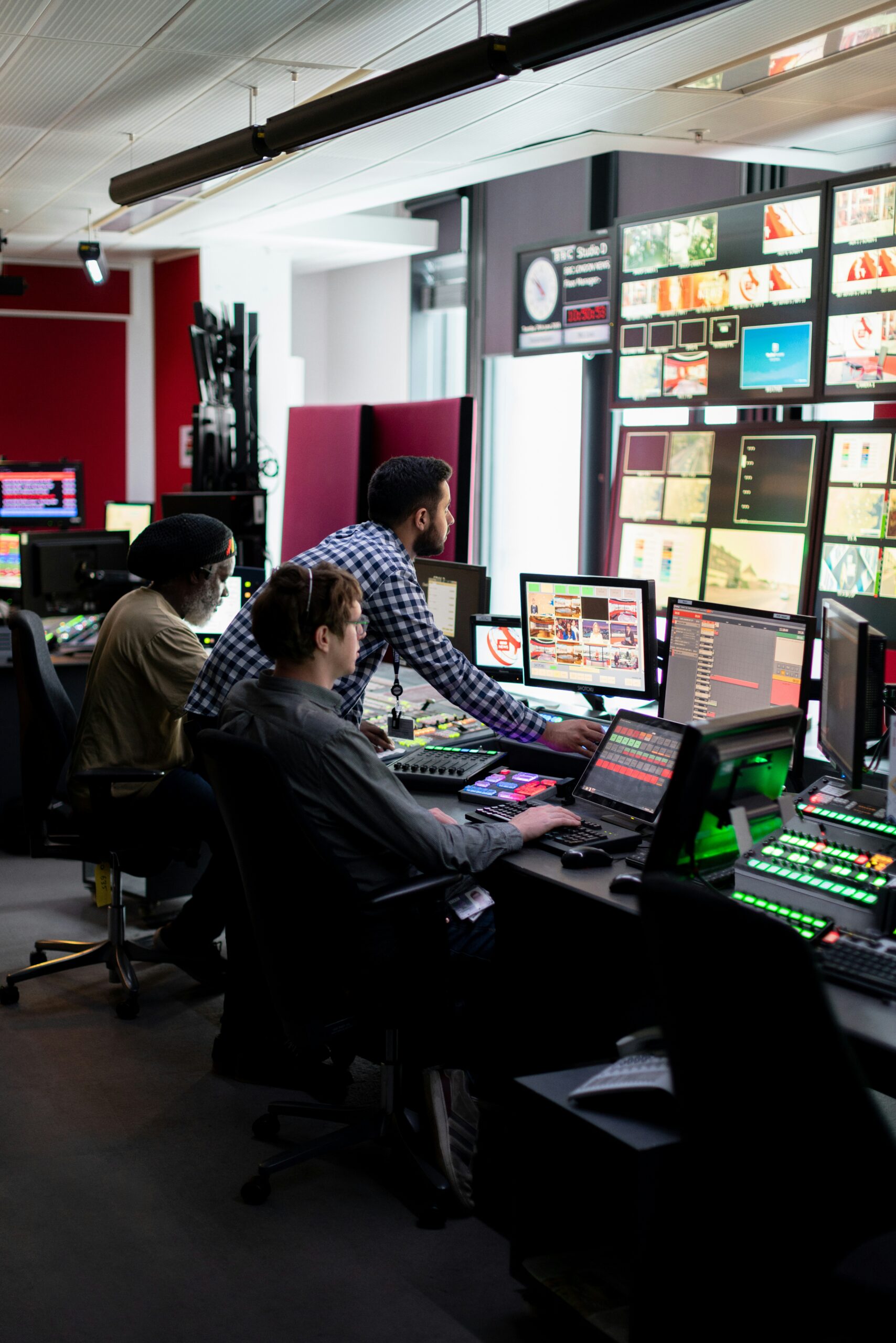If you think 5G is just about faster internet, think again! The future of 5G technology is set to revolutionize our world in ways that go far beyond streaming videos in HD. We’re talking about smart cities, autonomous vehicles, and even remote surgeries—things that seemed like science fiction just a few years ago. So, what’s on the horizon for 5G in the next decade? Buckle up, because it’s going to be an exciting ride!
1. Smarter and More Connected Cities
One of the most anticipated developments in the future of 5G technology is the rise of smart cities. Imagine living in a city where everything from traffic lights to waste management is optimized for efficiency, thanks to the seamless connectivity provided by 5G.
Smart grids, intelligent transportation systems, and real-time monitoring of public infrastructure will make cities safer, greener, and more livable. With 5G, the Internet of Things (IoT) will reach new heights, enabling devices to communicate with each other at lightning speeds and with minimal latency.
2. Revolutionizing Healthcare with Remote Surgeries
5G technology is poised to bring about a paradigm shift in the healthcare industry, particularly in the area of remote surgeries. With ultra-low latency and high reliability, surgeons will be able to perform complex procedures from miles away, using robotic arms controlled in real-time.
This could drastically improve access to specialized care in remote or underserved areas, making quality healthcare more accessible to everyone. The future of 5G technology in healthcare also includes continuous remote monitoring of patients, enabling personalized treatment plans and early intervention.
3. Autonomous Vehicles: Driving into the Future
The future of 5G technology is also set to redefine transportation. Autonomous vehicles, which rely on rapid data exchange to navigate and make decisions, will benefit immensely from the ultra-fast speeds and low latency of 5G.
With 5G, vehicles will communicate with each other, traffic systems, and even pedestrians in real time, reducing the risk of accidents and making transportation safer and more efficient. This could lead to the widespread adoption of self-driving cars, trucks, and even delivery drones in the next decade.
4. Transforming Industries with Enhanced IoT
The industrial sector is another area where the future of 5G technology will have a significant impact. Enhanced IoT, powered by 5G, will enable industries to achieve greater automation, efficiency, and precision. From smart factories that can predict and fix issues before they occur to supply chains that are optimized in real-time, 5G will transform how businesses operate.
This level of connectivity will also support the development of new technologies, such as augmented reality (AR) and virtual reality (VR), which can be used for training, maintenance, and even remote collaboration.
5. Gaming and Entertainment: A New Era of Immersion
The gaming and entertainment industries are already buzzing with excitement about the future of 5G technology. With 5G, gamers can expect ultra-low latency, making cloud gaming more responsive and immersive than ever before.
Imagine playing a high-definition, multiplayer game with no lag, no matter where you are. Beyond gaming, 5G will enable new forms of interactive entertainment, such as live virtual concerts and real-time, 360-degree video experiences. The next decade will likely see a blurring of the lines between the physical and digital worlds, as 5G technology makes these experiences more seamless and realistic.
6. Workplace Revolution: The Future of Remote Work
The COVID-19 pandemic has accelerated the shift toward remote work, and the future of 5G technology is set to take it to the next level. With 5G, remote work will become even more efficient and collaborative, thanks to ultra-fast internet speeds and improved video conferencing tools.
Virtual offices, where teams can collaborate in real-time using AR and VR, could become the norm. Additionally, 5G will support the growth of decentralized work environments, where employees can work from virtually anywhere in the world, without compromising productivity or security.
7. Enhancing Public Safety and Emergency Response
Public safety and emergency response services stand to benefit immensely from the future of 5G technology. Faster and more reliable communication networks will enable first responders to coordinate more effectively during emergencies.
Drones equipped with 5G connectivity could be deployed for search and rescue missions, providing real-time video feeds and helping to locate survivors more quickly. Moreover, 5G-powered AI systems could analyze data from various sources to predict and mitigate potential disasters, such as floods or wildfires, before they escalate.
8. Agriculture: The Rise of Smart Farming
The agriculture industry is also on the cusp of a 5G-powered transformation. Smart farming techniques, which involve the use of IoT devices to monitor crops, livestock, and soil conditions, will become more prevalent with the widespread adoption of 5G.
Farmers will be able to collect and analyze data in real time, optimizing irrigation, fertilization, and pest control. This will lead to higher crop yields, reduced waste, and more sustainable farming practices. The future of 5G technology in agriculture also includes the use of drones for precision farming, enabling targeted interventions that improve efficiency and reduce environmental impact.
9. Retail and E-commerce: A Personalized Shopping Experience
The retail and e-commerce sectors are set to undergo significant changes with the future of 5G technology. Imagine walking into a store where your preferences are instantly recognized, and personalized offers are delivered to your smartphone in real time.
With 5G, retailers will be able to offer highly personalized shopping experiences, both online and in-store. Augmented reality fitting rooms, real-time inventory management, and instant customer support are just a few examples of how 5G will revolutionize the retail industry in the coming decade.
10. Environmental Monitoring and Sustainability
As concerns about climate change continue to grow, the future of 5G technology will play a crucial role in environmental monitoring and sustainability efforts. 5G-enabled sensors can be deployed to monitor air and water quality, track wildlife populations, and detect deforestation or illegal fishing activities.
This data can be used to develop more effective conservation strategies and ensure the sustainable use of natural resources. Additionally, 5G technology can support the growth of renewable energy sources, such as wind and solar power, by improving the efficiency and reliability of smart grids.
This article explores how the future of 5G technology will reshape industries, enhance everyday life, and drive innovation in the next decade. From smart cities to personalized retail experiences, 5G is poised to bring about a new era of connectivity and efficiency.



